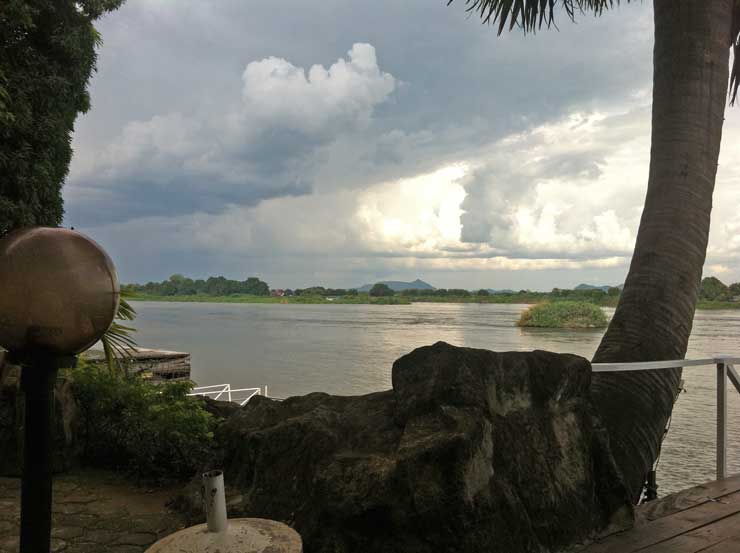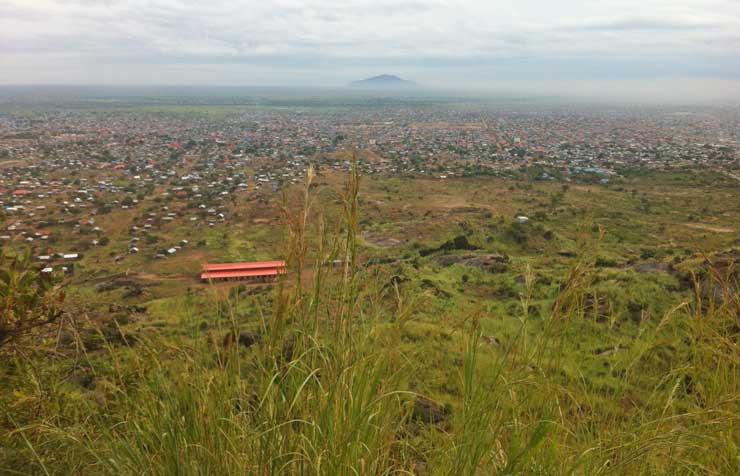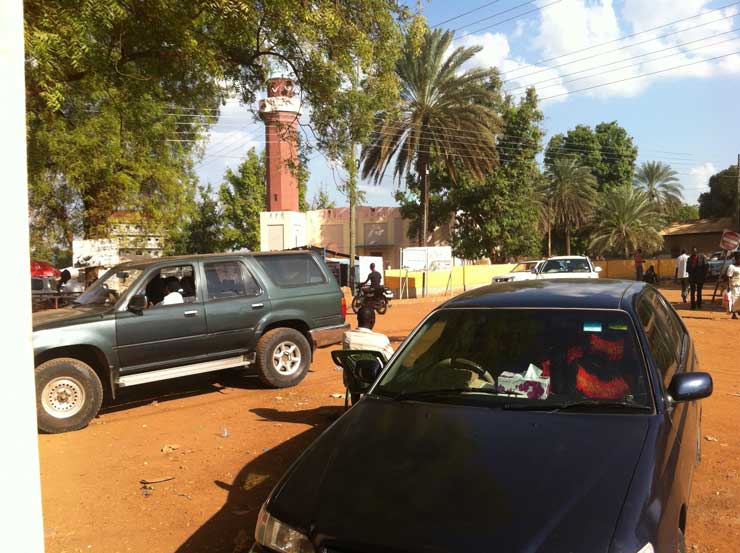
My excitement level rose as the aircraft made its descent to Juba and the details of green wooded hills and bushland came into clearer view. I thought of the last time I had seen this, flying out 37 years ago, and wondering if I would ever return.
Once upon a time
I came to Juba in 1978 in a semi-trailer, propped up on the ledge behind the driver. When I found them the semis were parked together on the edge of Gulu in the north of Uganda, and the drivers were having breakfast. No one spoke English, but they seemed to understand me and we were soon on our way.
A 20-year civil war between the north and south of Sudan had recently ended and I was eager to see the work of a Christian development organization called the Africa Committee for the Rehabilitation of Southern Sudan (ACROSS).
According to the map, the distance between Gulu and Juba was less than 200 km so I took only a bottle of water and a few bananas. We were 22 hours on the road!
Was it a road? The trucks climbed into and out of stream beds, and once where there was a bridge its steel railings had been hacked away and made into arrow heads.
We knew we were in Sudan when suddenly the people had no clothes. It was a great entertainment for my Kenyan drivers, but a trial to the people. The war had reduced them to absolute poverty.
We stopped for lunch by a tributary of the Nile. The drivers cooked big pots of spaghetti and fish and gave me a whole pot for myself. I ate a little and asked the men to help me finish it. They obliged and we were on our way again.
The closer we got to Juba, the more people were on the roadside wanting a lift. Always there was haggling over how much they should pay. Then they climbed onto the top of the load with their sacks of sorghum, and we drove on.
I began to worry what I would have to pay; I had travelled in relative luxury the whole way – and been fed.
On the approach to our destination we stopped to sleep for a couple of hours; trucks were not allowed to enter the town before daylight.
Once in Juba, I said goodbye to my hosts. They would accept no payment from me. I guess we had become friends!
I soon found the ACROSS headquarters, which was not so friendly; they weren’t expecting me and didn’t know what to do with me – until someone had a brainwave. They unloaded a bag of lime from a Land Rover which was about to leave for Mundri and squeezed me in.
At that time there were little groups of aid workers scattered through the country. In addition to Juba and Mundri, I visited Rumbek and Mvolo before the date drew near when I had to fly from Nairobi to England to defend my PhD.
I was fortunate to get a ride from Mvolo to Juba in a little missionary plane – I remember a huge python lying on the grass airstrip that had to be avoided on the take off. In Juba I expected to be able to catch a commercial flight to Nairobi, but found, to my dismay, that all the aircraft in the country had been diverted to bring in dignitaries for an OAU gathering in Khartoum. I was stranded.
Someone suggested I go to the airport anyway and ask around. I approached everyone who looked like a pilot to ask if they could give me a lift, but they all said it was impossible; they were not allowed to take passengers.
I imagine I was praying when a chap approached me and said, “Do you have your bags?” “Yes,” I said, pointing to my yellow backpack. “Then follow me,” he said, and I found myself on the tarmac walking to a small plane belonging to an engineering company. He opened the side door and apologized that there were no seats. Thankful I was to sit on the floor, straining to look out the window as we rose over those same green hills flying south east towards Ethiopia and Kenya.
Today

So now I am back – after a further 20 years of civil war – to a new nation and a very different Juba. I am here to teach Christianity at the college of the Episcopal Church of Sudan.
My memory is of a small rural town. It is now a busy sprawling city. New buildings are rising everywhere. It takes 30 minutes weaving through impossible traffic and thousands of motorbikes to get from where I am living to the college where we teach.
